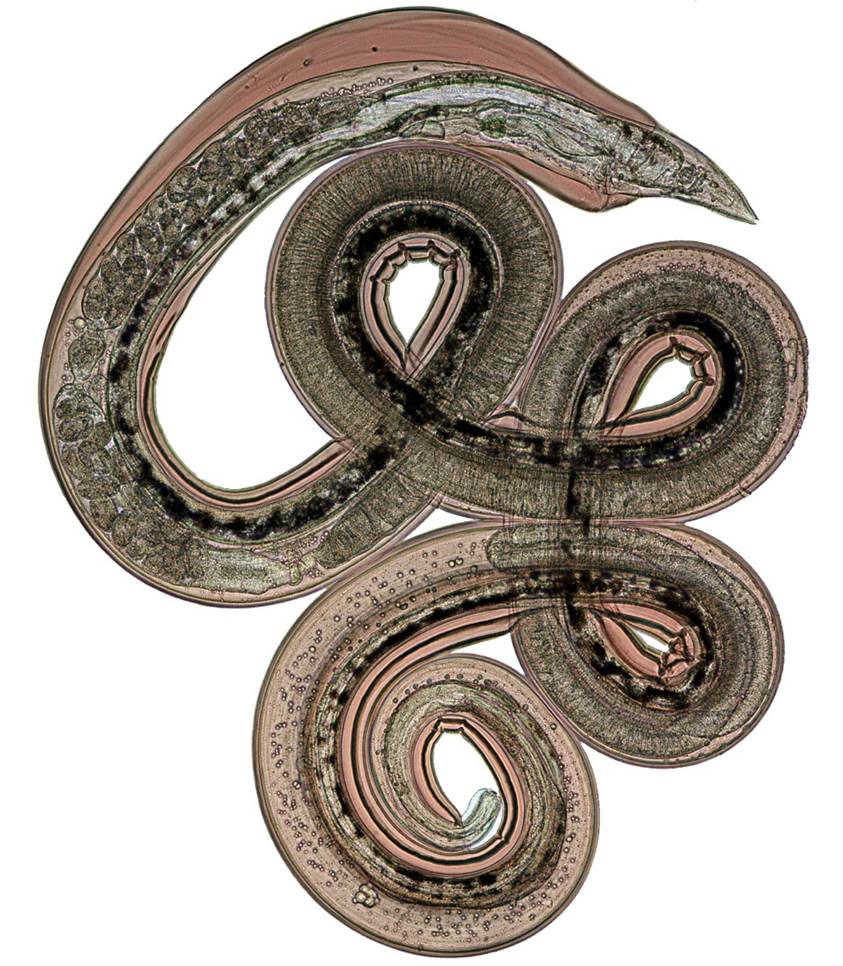
The factors driving the epidemic rise in allergies the last decades are not well understood. Studies from areas where helminths are highly prevalent suggest that helminths may induce anti-allergic immune responses. Very little data exists about helminths and allergic diseases in Northern Europe.
The aim of the project is to establish a network to explore the prevalence and impact of helminths on allergies in the transition to welfare societies in Northern Europe during the last century, using existing cohort data and samples, also addressing effects of helminths across generations.
The project will describe the prevalence of exposure to a range of helminths in Norwegian, Danish and Estonian cohorts. In Norway we will study this in four generations covering the last century. In Danish and Estonian samples collected in 1994 and 2014, we will assess the change in prevalence with ageing. Moreover, we will explore the association of helminth exposure with allergic diseases in these different geographic areas, age groups and generations, and compare risk associations with South-African cohorts.
Our program will give substantial novel understanding of helminths and the rise of allergies in the later decades, and aims to identify novel opportunities for prevention and treatment of allergies. The program is novel and innovative as there are no previous human studies relating helminth infections to allergy in large multigenerational population-based cohorts, or comparing the helminth/allergy relationship in well-characterised cohorts from countries with such a wide range in prevalence of both helminth infections and allergy..
Click here to read more about the insights and future plans of the research group on helminths in the global allergy epidemic.
Peer-reviewed publications
- Zoonotic helminth exposure and risk of allergic diseases: a study of two generations in Norway
- Agreement of offspring-reported parental smoking status: the RHINESSA generation study
- Pre-conception maternal helminth infection transfers via nursing long-lasting cellular immunity against helminths to offspring
Related articles
- Infections and allergies: a cross-generational riddle
- Preventing future pandemics
- Parasitic worms: friends or foes?
Other related research projects
Selected outcomes
- Joint external funding applications.
- Joint publications on results of the pilot study and future publications beyond this if successful funding proposals.
- Training, exchange and joint supervision of PhD/Postdoctors in collaboration between the partners.
- Policy input to stakeholders to increase the understanding of asthma and allergy causality.
- Use results to feed into research on novel treatments for allergy.